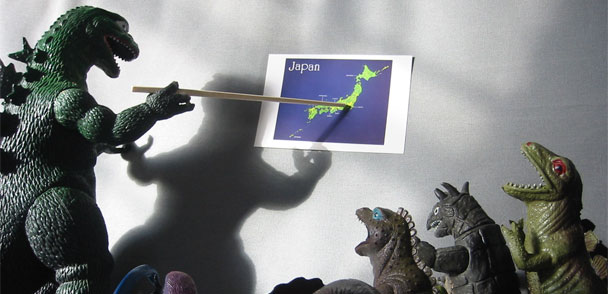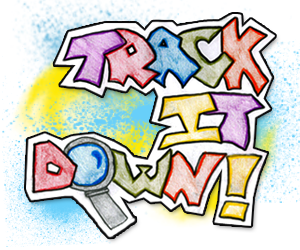Information » Health » In an Emergency » Emergency services
In This Section
Emergency Services
If you face an emergency, call 999 for police, fire or ambulance. This 24-hour service should be used in situations where, for example:
- Someone’s in danger right now
- Violence is being used or threatened
- A serious crime is in progress or likely to occur
- A suspect for a serious crime is nearby
- There’s a road collision involving injury or danger
- A vulnerable person needs urgent attention
An expert call handler will deploy the closest, most appropriate resource to suit your emergency. You’ll be reassured, told what to do, warned of any danger and told where to go for shelter.
If you’ve been split up from friends or family a call handler will work with others to get you back together. Please try to stay calm – it’s very important to give the correct information.
Police
In a non-emergency situation when you need the Police, call 101. This 24-hour service is for matters that don’t need an immediate emergency response, for example:
- To report a crime or criminal damage that’s not happening right now
- To contact a local police officer
- To pass on information about criminal activity
- To ask about lost property
- To seek information or advice
Call handlers are trained to deal with difficult situations and are fully acquainted with the policing issues and your area.
Information provided by the Dyfed-Powys Police & Crime Commissioner’s Office.
dyfed-powys.pcc.police.uk
twitter.com/DPOPCC
facebook.com/dyfedpowyspoliceandcrimecommissioner
Fire
Fire Control
Takes emergency calls and contacts firefighters to ensure fast and appropriate response while providing reassurance and life survival advice to callers as necessary.
Responding To Fire
This is the traditional and vital role we have in which we ensure that we send fire appliances and firefighters to reported fire incidents as quickly as possible.
Special Service calls
Dealing with calls other than fires requiring the attendance of a fire appliance or fire officer(s) such as:
- Road traffic collisions
- Rescues of persons
- Environmental and domestic flooding incidents
Response To Road Traffic Collisions
We are often required to respond to Road traffic collisions with specialist equipment and skilled firefighters. Some of the tasks involve making vehicles safe, extrication of people trapped and washing down roadways of any hazardous substances or materials.
Civil Contingencies
Working with partners to deal with any major national issues such as fuel strikes, major flooding, wildfires or pandemics.
Planning For Terrorism
In conjunction with the Police service, ensure that our Communities are protected and also that we have appropriately trained Firefighters with the correct equipment to deal with incidents of terrorism should they occur.
Urban Search & Rescue
We have specially trained personnel and appliances able to deal with searching for victims of disasters involving structural collapse. In recent years our firefighters have provided response to earthquakes in New Zealand and Haiti, as well as the more local mines rescue attempt at Pontardawe in September 2011.
Environmental Protection
We contribute responsibly to any situation where pollution either has occurred or is likely to occur. In this way we can help sustain the natural environment and minimise the impact of such pollution.
Information provided by South Wales Fire & Rescue Service.
southwales-fire.gov.uk
facebook.com/SWFireandRescue
twitter.com/SWFRSRoadSafety
Ambulance
When you call 999 someone will ask you ‘Which service do you want?’
Say “ambulance.”
They will put you through to talk to someone at the ambulance control centre
The person will ask you:
- What’s the address of the emergency? This means what is the address where help is needed
- What’s the number you are calling from? or Can you verify the telephone number you are calling from?
- Tell me exactly what’s happened? This means what is wrong with the person you are calling about?
- Are you with the patient now?
- How old is he or she?
- Is he or she awake?
- Is he or she breathing?
- The person may ask you some other questions. Try and answer them as best you can
- The person will listen to what you say and then decide if you need an ambulance
- Before the person ends the phone call they will ask you for your name
- If you do not need an ambulance they will tell you what to do
- If it is an emergency they will send an ambulance
If an ambulance is coming:
- Stay calm
- Phone 999 again if the person gets worse
- Stay with the person until the ambulance arrives
- If you can, get any medication they may be taking
- Find out the name of the person’s doctor if you can
- Put pets somewhere safe where they will not be in the way
- Open the door and wave to the ambulance when it comes
Information provided by Welsh Ambulance Service NHS Trust.
www.ambulance.wales.nhs.uk/theroom
www.facebook.com/nhsdirectwales








